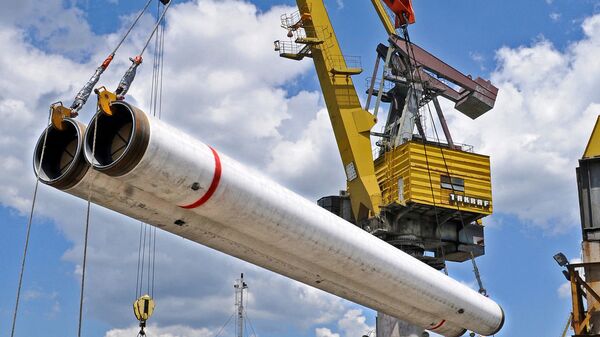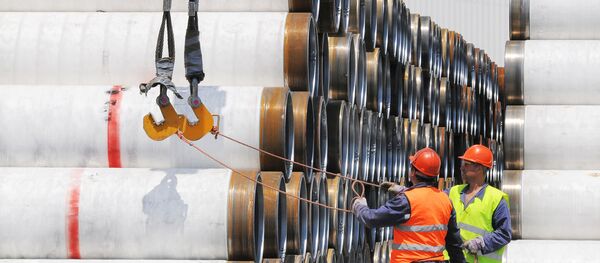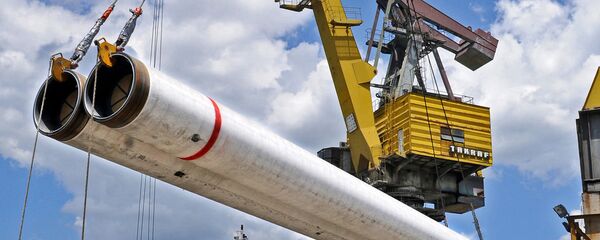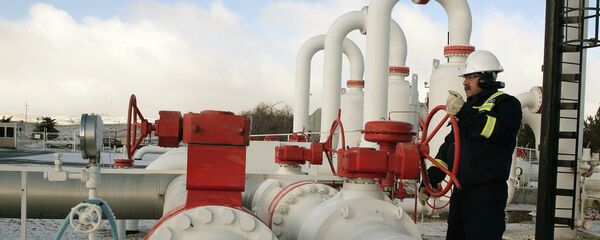Turkish Stream would provide more active and diversified use of Russian natural gas resources.
"The project would establish a scheme to diversify Russian gas supplies, with Turkey buying 14 billion cubic meters of gas a year. As a result, I believe, Europe, Turkey and Russia would profit from this because a pipeline is a more efficient and reliable way to transport natural gas," he said.
Russia's Gazprom and Turkey's Botas signed a memorandum of understanding for the construction of Turkish Stream in December 2014. The new pipeline is planned to have a capacity of 63 billion cubic meters. It will run via the Black Sea from Russia to Turkey and continue to a hub on the Turkish-Greek border.
Currently, there is a downward trend in global gas prices, which is related to the diversification of energy sources, Unal pointed out.
"First of all, Turkish Stream will provide Turkish consumers with more advantageous gas supplies. The importance of natural gas in Europe and the entire world will further increase. Natural gas is in demand in the production and service sectors as well as transport. It is a good alternative for oil," he added.
According to Unal, Turkey is planning to become a transportation hub providing logistics and distributing gas shipments to other customers.
"As for the current opposition to Turkish Stream, first of all from the European authorities, there is politics behind it. Energy costs are a big problem for Turkey and Europe. It’s obvious that Turkish Stream will help decrease those costs. But in terms of politics, Europe sees the project as a mechanism of political influence," the expert suggested.
Unal underscored that security concerns over Turkish Stream are groundless.
"I don’t think security problems are likely in the project. We’ve seen a large number of terrorist attacks around the world, but only one percent of them targets power supply lines or pipelines. The reason is that absolutely everyone needs energy. When the energy problem is on the agenda countries would overcome tensions and sit down to negotiate possible trade ties," he said.




